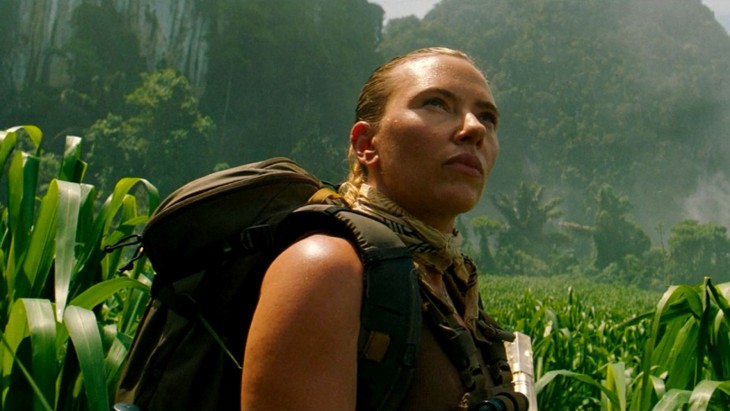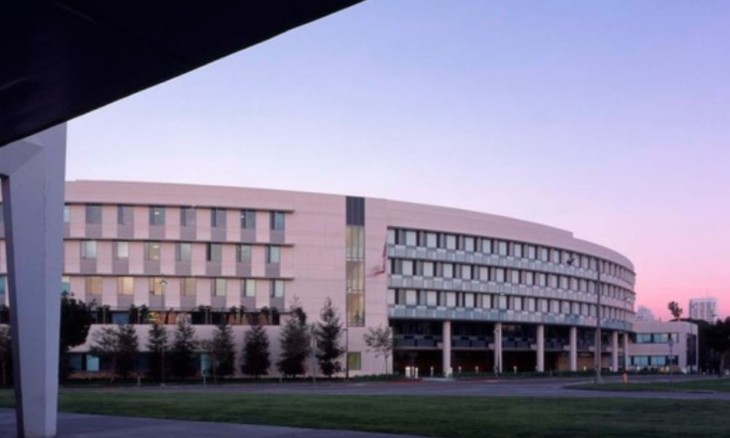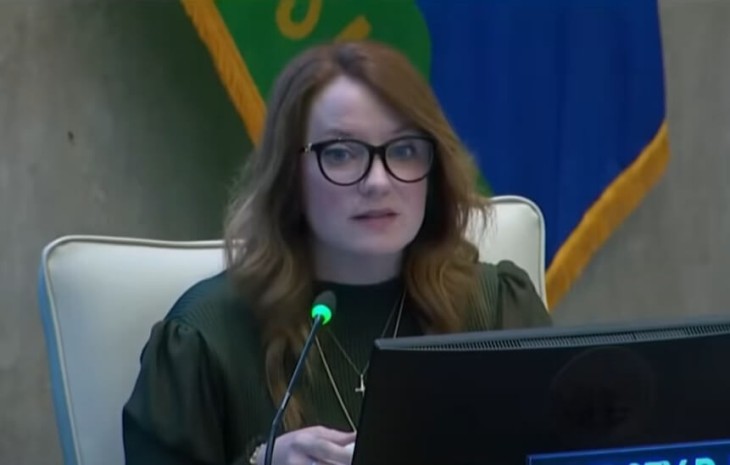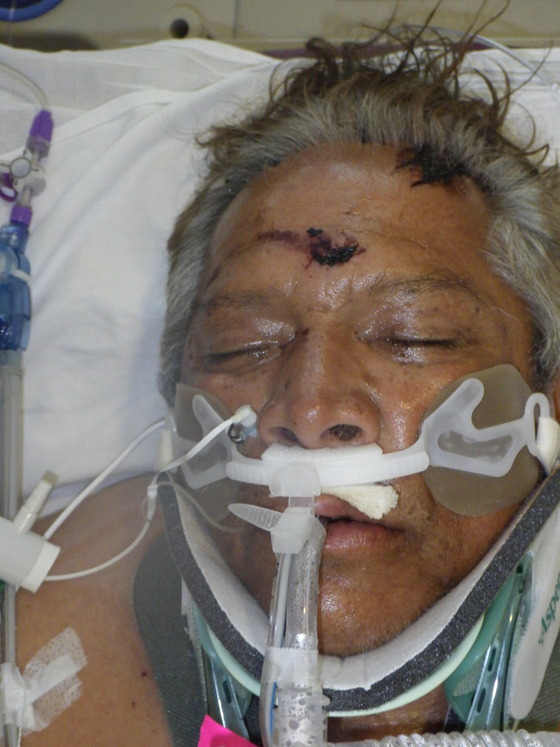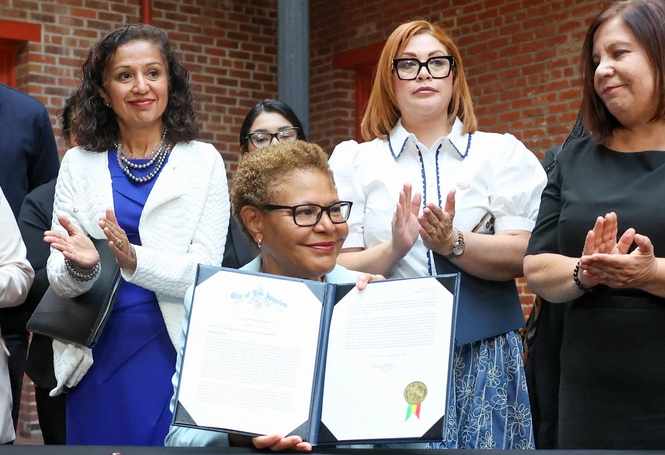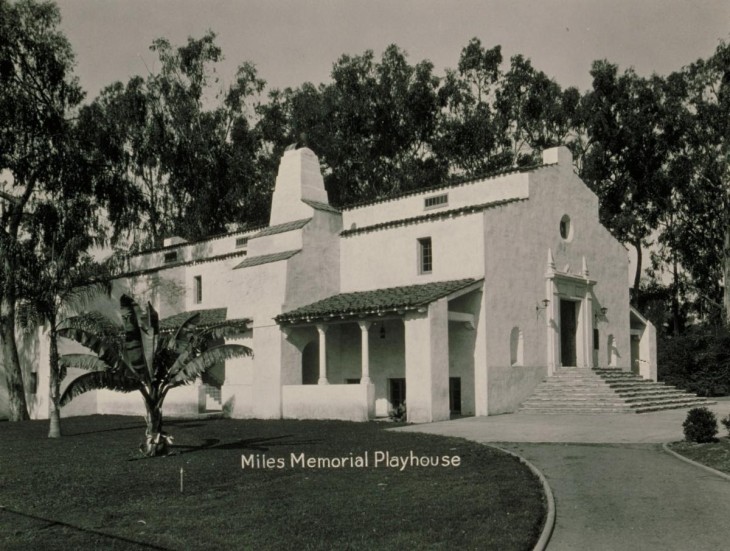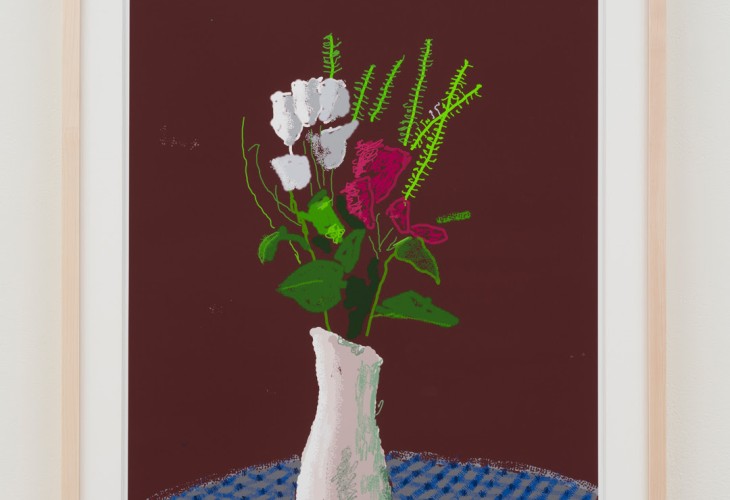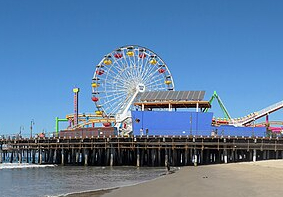Ever since the dissolution of redevelopment, City Hall has been searching for creative ways to fund several ambitious plans that would dramatically alter the urban landscape of Santa Monica.
At a special meeting last Tuesday, Council members authorized staff to apply for two grants in the amount of $700,000 to help pay for the Expo Bikeway Greening and Marine Park Wash projects. The grants are awarded as part of California’s Urban Greening Program under Proposition 84.
Council members were required to adopt a resolution approving the application of each grant. Both resolutions were approved as part of the council’s consent calendar.
If completed, both projects would help Santa Monica reduce its contributions to global warming.
The Bikeway is located between 17th Street and Cloverfield Boulevard along the Expo Light rail alignment. The Wash is situated on the east side of Marine Park in a city easement at the end of 16th and 17th Streets.
“Both projects would feature native climate-appropriate plants and low-volume irrigation landscapes, storm water harvesting and use, educational signage and recreational enhancements, which support the objectives of the Urban Greening Program,” City staff stated.
The Expo Bikeway Greening and Stormwater Harvesting Project – as it’s fully known within City Hall – would, according to City staff, “provide new landscaping and irrigation, and capture runoff for non-potable sub-surface irrigation along 0.4 miles of pedestrian and bike paths along the future Expo Light Rail.”
Specifically, the stretch of affected bikeway is between Cloverfield Boulevard and Seventeenth Street, “and is located within the Metro right-of-way alongside the future Expo Light Rail alignment.”
“The landscape palette would include a mixture of climate-appropriate species native to Southern California and other Mediterranean-type ecosystem species,” City staff stated. “A low-volume, sub-surface irrigation system would supply water to plants.”
Also included: underground cisterns, a filter for stored water, and educational signage providing information about plant species.
Conversely, the Marine Park Wash Landscaping and Stormwater Harvesting Project would, according to City Hall, “provide new landscaping and irrigation, and capture runoff for passive infiltration” along the eastside of Marine Park.
“Along the Wash banks, seven landscapes would be planted to demonstrate the seven different Mediterranean-style ecosystems of the planet, including that of Southern California,” City staff stated.
Both grants are part of the Urban Greening for Sustainable Communities Program of the Safe Drinking Water, Water Quality and Supply, Flood Control, River and Coastal Protection Bond Act of 2006 – or Proposition 84. The grants are awarded to projects “that improve water quality, promote public health and protect natural resources by greening urbanized areas.”
Proposition 84 was passed in November 2006 and allowed the state legislature to appropriate $70 million for urban greening projects.
Through the Urban Greening for Sustainable Communities Program, funding is given to projects “that reduce energy consumption, conserve water, improve air and water quality, and provide other community benefits.”
“The purpose of the Program includes reducing urban communities’ contribution to global warming and increasing their adaptability to climate change while improving the quality of the life in those communities,” City staff stated. “The goal is for these greening projects to incrementally create more viable and sustainable communities throughout the State.”
Grant winners will be announced in 2014; if awarded, City Hall must use the funds to complete both projects by summer 2016.
City Hall is not required to provide a local match if the grants are approved.


